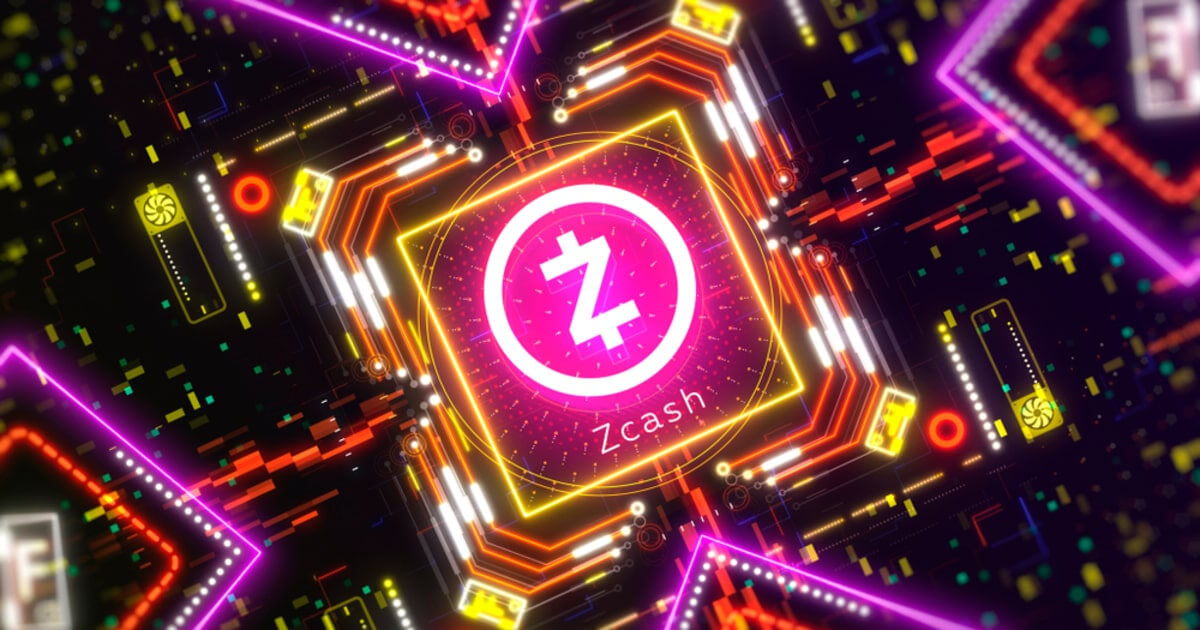Zcash-Commissioned Research Find Cybercriminals Prefer Bitcoin Over Other Cryptocurrencies
Shaurya Malwa May 10, 2020 05:00
Independent research commissioned by the Electric Coin Company (ECC), the parent firm of privacy-focused cryptocurrency Zcash, concluded cybercriminals are much likely to use Bitcoin over other digital assets.


Independent research commissioned by the Electric Coin Company (ECC), the parent firm of privacy-focused cryptocurrency Zcash, concluded cybercriminals are much likely to use Bitcoin over other digital assets.
Bitcoin dominated by illicit activities
Rand Corporation, an independent, US government-accredited research lab, was hired by Zooko Wilcox, the creator of Zcash and chairman of ECC as a third-party security organization to uncover critical lapses in the coin’s protocol.
Wilcox commissioned the research after speculation on social media about Zcash’s use in criminal organizations, such as the Dark Web and illegal money laundering outfits.
But Rand’s conclusions mean naysayers have been answered. The firm discovered no lapses in Zcash, not found any link with criminals opting for the privacy-centric token ahead of other options. Instead, Rand noted criminals may not even understand Zcash’s zk-snarks technology at all.
The 65-page long report focussed on three major aspects — money laundering, terrorism financing, and the illegal trade of banned goods and services — concluding “no evidence” of any illicit use of Zcash.
Cryptocurrencies have long powered the dark corners of the internet. The now-defunct Silk Road, an illicit marketplace, incorporated digital assets as a payment method back in 2010. Federal authorities nabbed millions in dollars worth of Bitcoin during a high-profile raid in 2014, post-which dark web sites moved to privacy-centric currencies like Monero.
Zcash only 1 percent on dark web
Zcash’s creation in 2014, followed by its subsequent popularity, led to internet critics calling the token a facilitator of illicit trade, with even major news outlets providing negative publicity to the ECC.
But Wilcox and ECC may breathe easy now. Rand’s findings made clear the token is not dominant on the dark web. Instead, it has a minor presence and is not preferred ahead of Bitcoin or Monero.
However, the report added that one percent of illegal websites accepted Zcash as a means-of-payment. 59 percent took Bitcoin, 27 percent accepted Monero, 12 percent accepted Ethereum and 1 percent even took Litecoin.
However, the Zcash-commissioned report does throw up some conflicting peculiarities.
A 2018 report by Europol concluded terrorist organization ISIS used Zcash for criminal financing and paying its vendors for weapons. Another firm, Chainalysis, which specializes in on-chain analytics, also reported Zcash’s popularity on the dark web. Blockchain.News also reported on a major bug in the protocol in 2019 that challenged its premise of total privacy.
Image via ShutterstockImage source: Shutterstock
.jpg)
